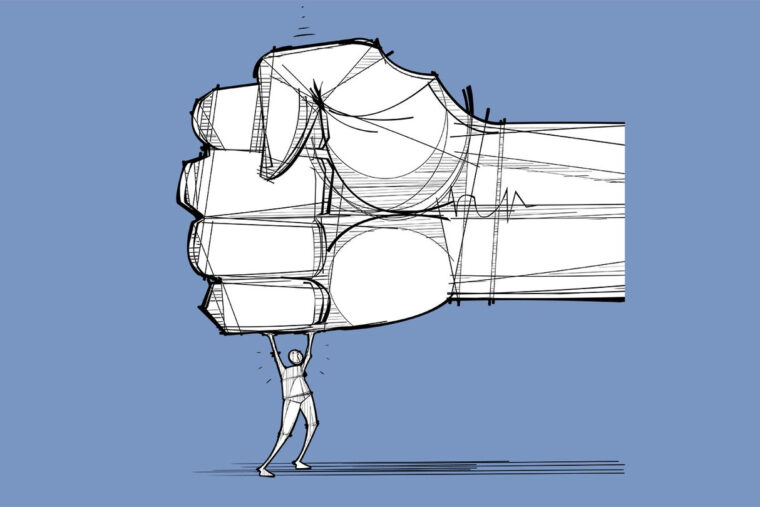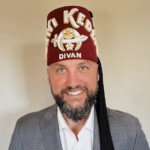To be corrupted by totalitarianism, one does not have to live in a totalitarian country.—George Orwell (1903–1950)
Georg Hegel (1770–1831), the father of dialectical idealism, the philosophy Karl Marx transmogrified into Marxist dialectical materialism, once lamented that what we do learn from history is that man does not learn its lessons. As any student of history knows, the loss of individual freedom concomitant with government repression features prominently in the inception and development of totalitarian states. These features reoccur: First is the centralization and empowerment of a national police force with a vast network of surveillance and informants to spy on the suspected population. Second is the issuing of national identification cards to keep tabs on the whereabouts of all citizens. Third is control of education, which is necessary for the indoctrination of the young and the neutralization of moral instruction, which is normally inculcated by the family and churches. Fourth is control of the mass media and the press or at least making it pliable to the dissemination of state propaganda, while silencing the opposition. Fifth is civilian disarmament via gun registration and restrictive licensing, followed by the banning and confiscation of firearms.
Thus, gun control along with loss of liberty and increasing repression necessarily and prominently features in the unfolding, authoritarian designs of a burgeoning police state. For the total empowerment of national police forces—which the American Founders called “standing armies,” operating with vast surveillance capabilities and networks of informants to spy on the population (not foreign enemies)—draconian gun control measures become a necessity.
In Cuba and in the Soviet Union, as we have seen, the informants that the agencies rely on are usually the dregs of society. These stool pigeons are often unreliable ruffians or underworld elements willing to be snitches, so they can remain at liberty to commit common, non-political crimes. In the Soviet police state and the Gulag, the valuable criminal informants were referred to as “socially-friendly” elements by the guards of the labor camps and the secret police (KGB).
By Dr. Miguel Faria



